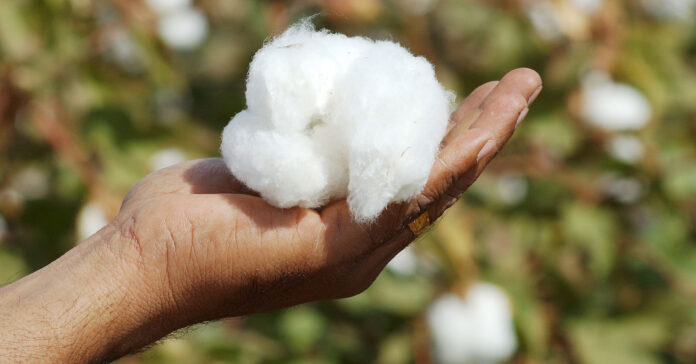Following the resumption of trading post-Muharram holidays, the local cotton market has maintained stability, despite challenges posed by recent rainfall impacting crop quality. Business activity has notably increased, especially with heightened interest from textile mills in purchasing cotton.
In Sindh Province, cotton prices range from Rs 17,800 to Rs 18,300 per maund, while in Punjab Province, prices range from Rs 18,900 to Rs 19,100 per maund. Similarly, the price of cotton seeds (phutti) varies between Rs 7,400 and Rs 8,200 per 40 kg in Sindh, and Rs 7,800 and Rs 8,500 per 40 kg in Punjab. Prices in Balochistan closely mirror those in Sindh and Punjab.
However, the market is currently facing significant financial strain. The textile sector continues to voice concerns over exorbitant energy costs, particularly criticizing the substantial payments to Independent Power Producers (IPPs). Despite calls for government intervention, no concrete steps have been taken yet.
Meanwhile, widespread rainfall has had a mixed impact on cotton crops across various regions. While beneficial initially, excessive rainfall could potentially harm yields. Farmers are increasingly worried about rising cultivation costs juxtaposed with stagnant cotton seed prices, which may deter future investments in cotton farming, thereby affecting overall production targets.
The Karachi Cotton Association’s Spot Rate Committee has adjusted the spot rate to Rs 18,000 per maund, reflecting current market trends. Globally, the cotton market has remained stable, with New York cotton futures fluctuating between 70 and 73 US cents per pound.
Recent export figures indicate sales of 27,200 bales in the 2023-2024 period, with Vietnam emerging as the leading buyer, followed closely by China and Pakistan. Looking ahead to 2024-2025, over 165,000 bales have already been sold, with China securing the largest share.
As of July 15, 2024, ginning factories across Pakistan have received over 442,041 bales of seed cotton (phutti). Punjab contributed 114,375 bales, Sindh received 327,666 bales (including a significant 263,282 in Sanghar district alone), and Balochistan recorded 11,200 bales. Out of these arrivals, 395,695 bales have been processed.
The textile sector has purchased a total of 374,889 bales, while 67,152 bales remain unsold. The Trading Corporation of Pakistan (TCP) has yet to initiate cotton procurement for the current year.
Commenting on the delayed cotton sowing compared to previous years, Chairman Naseem Usman of the Karachi Cotton Brokers Forum cited heat damage to cotton flowers as a factor contributing to reduced production. Analysts estimate Pakistan’s cotton output for the year to range between 7.5 to 7.7 million bales, pending further developments.
In response to industry concerns, Federal Minister Rana Tanveer Hussain announced the government’s decision to introduce a track and trace system in the local cotton and ginning industry to combat tax evasion effectively. The move aims to protect both local farmers and the industrial sector from financial losses.
The Pakistan Textile Exporters Association has also called for a review of agreements with Independent Power Producers (IPPs) to lower electricity tariffs, citing their detrimental impact on export competitiveness and the national economy.




